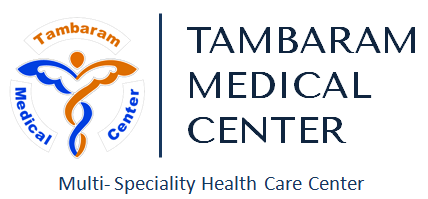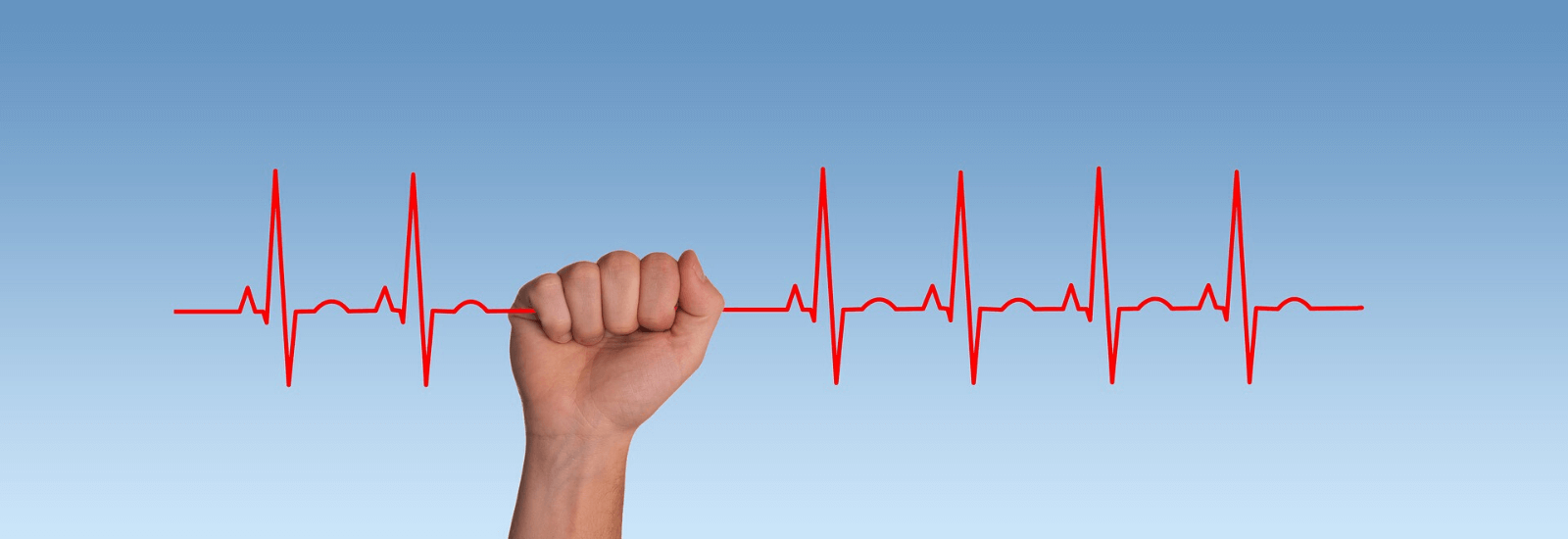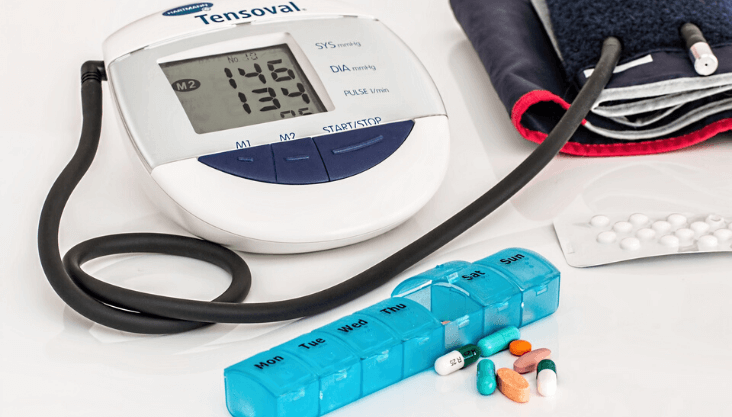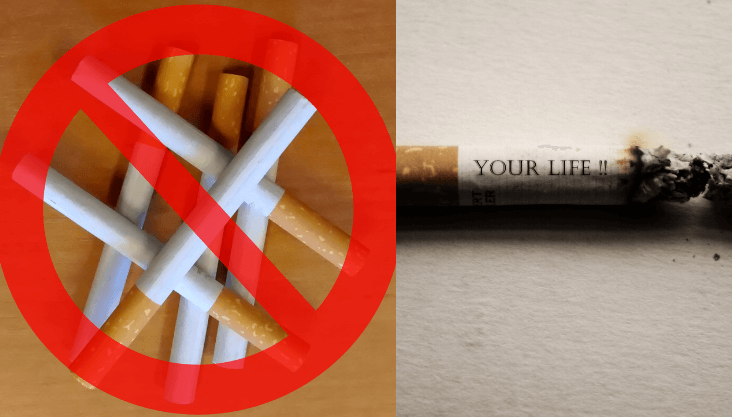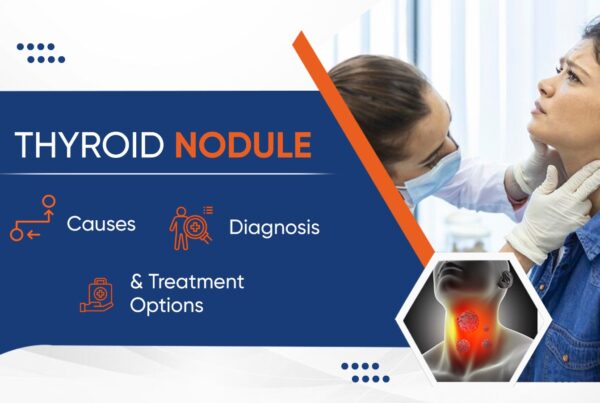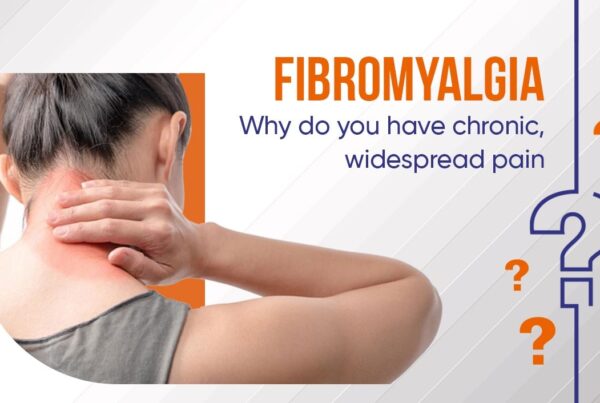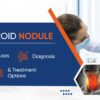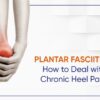Table of Contents
Heart Attack: Symptoms, Risks, Conditions, Treatment, and Prevention
A heart attack occurs when blood flow to the heart gets blocked by the buildup of plaque in the arteries. Finally, the plaque splits off and shapes a clot. The blood flow disrupted can harm or ruin a part of the heart muscle. A heart attack is a medical emergency. When someone exhibits signs of a heart attack, get immediate medical treatment.
Causes of Heart Attack:
Heart Attack can be caused due to following reasons:
1.Increase in Blood Pressure
Sustained elevated levels of Blood pressure can cause damage to the arteries which causes a Heart attack. Some experience a rise in blood pressure during a heart attack. The extra strain and resulting damage from high blood pressure cause the blood vessels that serve the heart to become steadily shrunk by an accumulation of fat, cholesterol and other materials called plaque. That steady process is referred to as atherosclerosis.
2.Risk of Obesity
Obesity is linked to high levels of blood cholesterol, hypertension and diabetes. It can trigger a spike in the blood pressure. Obese people take enough blood to provide their body with oxygen and nutrients, which triggers blood pressure to rise. Also, the body needs more pressure to move that blood. High blood pressure chief cause of a heart attack is common among obese people.
3.Diabetes should be under control
Diabetes causes your sugar levels to spike. In principle, high levels of blood glucose can compromise the heart ability to compress and push blood across the body, contributing to heart failure.
4.Monitor your Cholesterol levels
High levels of triglyceride levels increase your risk of a heart attack. Narrow arteries are most likely to experience a high level of low-density lipoprotein cholesterol.
(LDL). A high level of high-density lipoprotein cholesterol (HDL), however, reduces the risk of a heart attack.
5.From father to son the role of Genetics
If your family had a history of heart attack then it’s more likely, you have a risk. Talk with your relatives and develop a sound knowledge of the medical history of the family. Now Genetic testing helps to analyse the possibilities of a person developing heart conditions.
6.Stress management
When stress is high, it can cause hypertension. Stress, when managed poorly, can further complicate health problems. People under stress opt for a smoking cigarette or drinking alcohol which increases blood pressure and causes damage to the artery walls.
7.Reason to quit Smoking
And when you inhale cigarette smoke, the blood distributed to the rest of the body gets contaminated with the toxins from the smoke.
The chemicals in cigarette smoke cause coronary heart disease and blood thickening in the arteries. This makes blood travel to vital organs difficult and develops clots which inevitably lead to a Heart attack.
8.The problem being Physically Inactive
Physically inactive people can face complications like obesity, diabetes and elevated cholesterol levels which again contributes to a Heart attack. A study found that there were low rates of artery inflammation indicators among middle-aged adults who were more active during their free time. And individuals with less inflammation tend to be at lower cardiovascular risk.
9.Age and risk of Heart attack
Heart attack affects anyone regardless of age. Your risk for heart attack increases with age. Men are at a higher risk of succumbing to a heart attack than women. Woman risk of heart attack increases after menopause.
10.Metabolic syndrome
Metabolic syndrome implies elevated blood pressure, high blood sugar, high waist body fat and excessive levels of cholesterol. The syndrome increases the risk of having heart disease and stroke in a person.
11.Doing drugs cause a Heart attack
Drugs stimulate the central nervous system and cause euphoria. It leads to increased blood pressure and heart rate and interferes with electrical impulses from the heart.
These heart and cardiovascular impacts increase a person’s risk of heart problems such as a heart attack. Drugs like cocaine can cause heart attack on first-time users.
12.Autoimmune heart diseases
Autoimmune heart disease is the result of the body’s immune defence mechanism misidentifying and rejecting cardiac antigens as alien, resulting in inflammation of the heart as a whole, or pieces. Rheumatic heart disease is the most common type of autoimmune heart disease.
Food and Heart Health
Oatmeal is a good source of soluble fibre and can reduce cholesterol. It acts like a sponge in the digestive system and seeps cholesterol out of the body, thereby preventing its release in the bloodstream.
Potatoes rich in potassium help to reduce blood pressure. Potassium also is a good source of fibre which prevents heart disease. Tomatoes have a high content of heart-healthy potassium. Lycopene in tomato has a carotenoid which helps lower LDLand lower heart attack list.
Fibre is heart-friendly food. Vitamin E in nuts helps to control bad cholesterol. Omega 3 fatty acids fight inflammation and improve circulation. A few research have now shown dark chocolate can benefit your heart. The daily intake of Dark chocolate could lessen non-fatal heart attacks and stroke in individuals at high risk for these concerns.
Studies show that fatty fish such as sardines and mackerel lower the risk of irregular heartbeat, atherosclerosis and reduce triglycerides. The American Heart Association recommends eating fatty fish 2 times a week.
Sodium intake should be within the limits since it is a prime cause for high blood pressure. Check the labels for food high in sodium and avoid it. Another way to control sodium intake is to prepare your food. Limiting the intake of saturated and trans fat can help you reduce cholesterol and lower your risk of coronary artery disease. A high blood cholesterol level can buildup plaques in your arteries, called atherosclerosis, which can raise your heart attack risk.
Treatment during Heartattack
The faster somebody gets diagnosed when a heart attack happens better the chance of survival. When an individual has a history of heart attacks they should discuss possible treatments with a doctor.
An individual who is having a heart attack often stops breathing. In this situation, immediately start, CPR. This process refers to:
1.Manual pressure to the chest
2.Defibrillator – A defibrillator is a device that forces the heart into a high-energy electrical discharge. The high-energy pulse is termed defibrillation. The purpose of shock is to restore the heart to normal working condition.
Treatment after a Heart attack
If you already had a Heart attack, your doctor may recommend this.
- Angioplasty: An angioplasty clears the narrowed artery by either using a balloon or eliminating the accumulation of plaques.
- Stent: A stent is a mesh tube of wire which is implanted into the artery to hold it open following angioplasty.
- Heart valve surgery: Heart valve surgery is a technique for treating Heart valve disease. Heart valve disorder entails not operating correctly on at least one of the four heart valves. Heart valves keep the blood pumping into the heart in the right direction. In Heart valve surgery, the surgeon must restore or remove the heart valves concerned. Surgical techniques, fix or remove heart valves, through open-heart surgery or minimally invasive cardiac surgery.
- Heart Transplant: Heart Transplant usually is done for a patient whose heart has failed.
For such patients, a heart transplant is the only option.
Treatment by Medications
- Anticoagulant: Anticoagulants are medicines that prevent blood clots. It prevents clots from forming thereby avoiding a heart attack.
- Beta-blockers: Beta-blockers are medicines when taken to reduce the pressure of the blood. Beta-blockers also assist your veins and arteries open up to boost blood flow.
- Calcium channel blockers: Calcium channel blockers are medicines used to reduce blood pressure. They work by reducing the movement of calcium into the heart cells and blood vessel, making it easy for the heart to pump and enlarge blood vessels. The heart, therefore, doesn’t get to work as hard and the blood pressure lowers
- Statins: Generally, these are the type of drug doctors medicate to reduce the LDL. They also reduce triglycerides, which is just another type of blood fat, and elevate your HDL Cholesterol slightly. Research shows that statins reduce the chance of a heart attack.
- Diuretics: Diuretics are medications mostly used for high blood pressure treatment. There are various diuretic types, but the type most widely used to treat high blood pressure is called the thiazide. Diuretics reduce blood pressure by draining salt from your body and taking this extra unwanted fluid. Diuretics also eases and widens the surfaces of your blood vessel, making it possible for your blood to flow along. This effect also reduces blood pressure.
Are you or any of your close ones suffer from Heart Disease?
Do you feel heaviness or pain in the chest area more often?
Worried about your health?
Connect to our Cardiologist now to get your answers.
